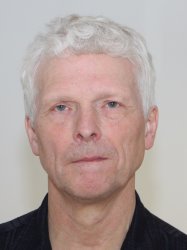BibTex format
@article{Lovell:2019:10.3399/bjgpopen19X101647,
author = {Lovell, B and Dhillon, R and Khader, A and Seita, A and Al-Jadba, G and Kitamura, A and Rawaf, S and Newson, R},
doi = {10.3399/bjgpopen19X101647},
journal = {BJGP Open},
pages = {1--9},
title = {Delivering and evaluating a scalable training model for strengthening family medicine in resource-limited environments: the Gaza experience},
url = {http://dx.doi.org/10.3399/bjgpopen19X101647},
volume = {3},
year = {2019}
}

